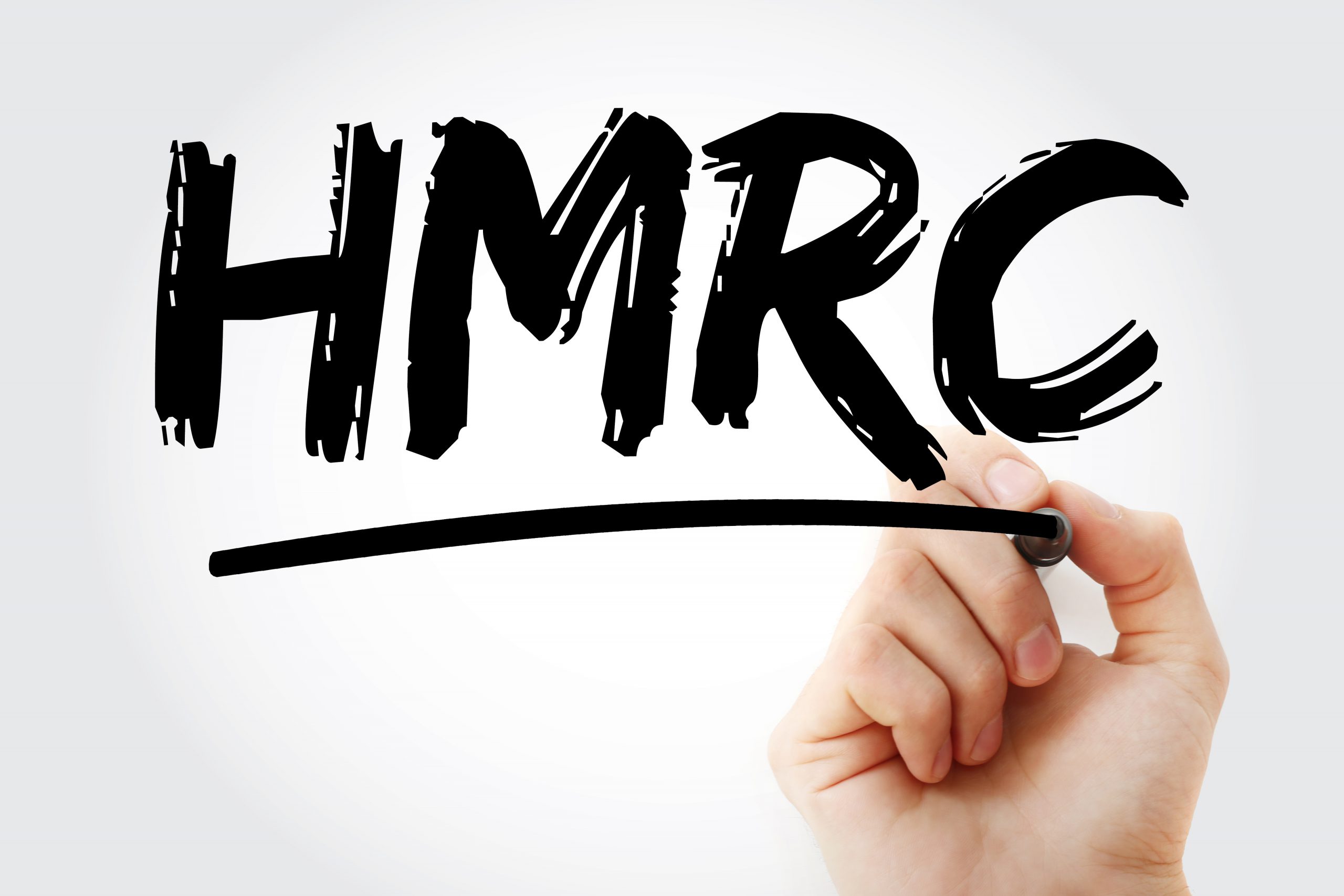
by Alex Dunnagan | Jun 27, 2022
HMRC’s Tax Gap has increased for the second year in a row on a like-for-like basis. The latest HMRC estimates of non-compliance are £32bn for 2020-2021, or 5.1% of total tax revenues. This is the same gap as a percentage as seen in last year’s publication...

by George Turner | Feb 14, 2022
HMRC’s record on tax fraud has been questioned by two select committees and in several parliamentary debates in recent weeks The last select committee inquiry on Tax Fraud was in 2015 Recent weeks have seen HMRC being put under intense scrutiny on their record on...

by Alex Dunnagan | Nov 2, 2021
On Wednesday 27 October, the Chancellor Rishi Sunak unveiled his Autumn Budget 2021. This budget was billed as one looking ahead to the “post-Covid” era, with a lot of focus on growth and the economic outlet. Numerous news outlets have covered the major stories coming...




